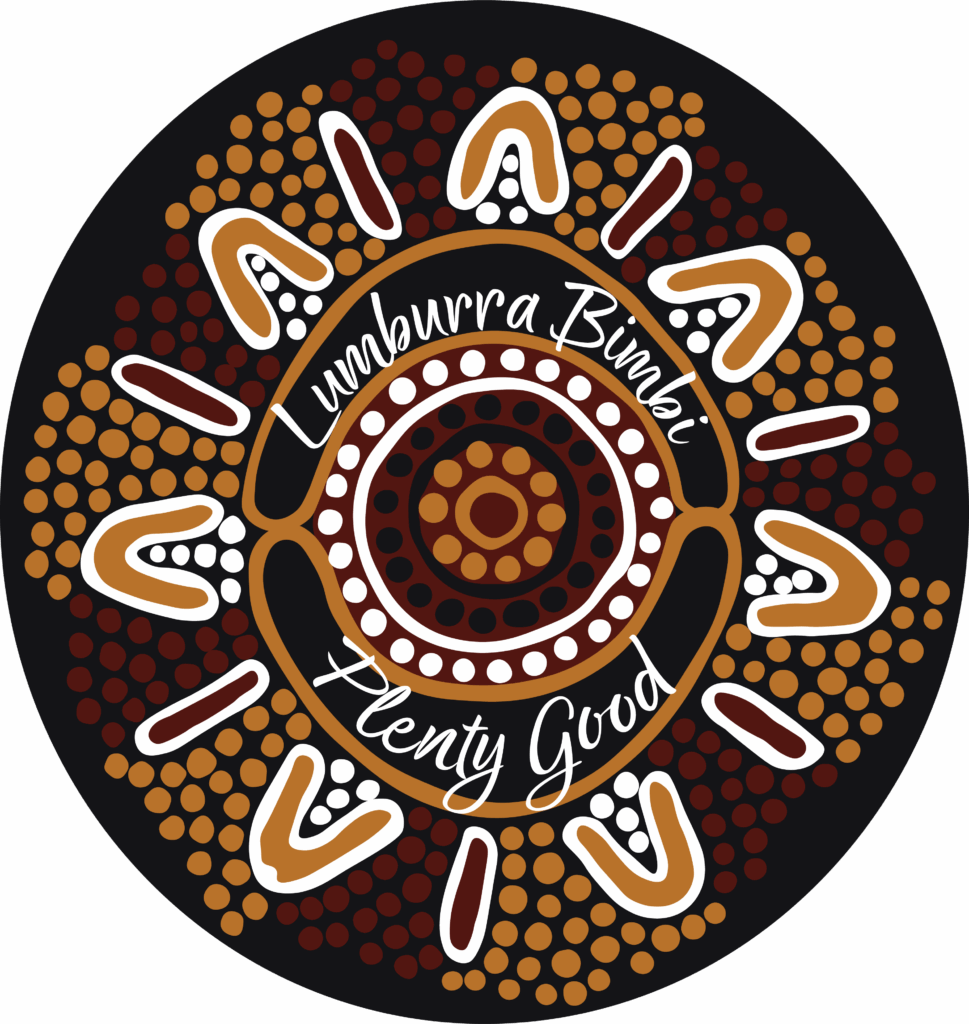The land area of the Western Kangoulu Native Title Claim is rich in history and natural resources and holds significant cultural value to the Western Kangoulu people. This land base is currently under an extremely high degree of development and disturbance from the mining and energy sector. This disturbance provides many opportunities to the Western Kangoulu people but also threatens the long term protection of existing cultural heritage and natural resources.
The spirit of engagement
The Western Kangoulu people are committed to achieving the shared Visions of the Company and making a positive reconnection with their land in any way possible. In order to achieve these Visions; Western Kangoulu people realise that they need to work with others in a cooperative approach that is open and welcoming and doesn’t involve any threat to land title or ownership.
The process of engagement with Western Kangoulu
For issues not related to land title or company business, the Executive of Lumburra Bimbi has communication processes in place to engage with interested parties. Issues relating to cultural heritage sites or potential land title issues will follow a more detailed process that has been developed through years of experience in dealing with government and the mining industry (detailed below).
The following process of engagement has been developed by the Western Kangoulu People to facilitate communication between stakeholders in the event of development of an area of cultural interest and is outlined below. This process will form the basis for a similar process by Lumburra Bimbi.
1.Initial contact – exchange of data including maps, coordinates, planned works and time frames for the intended development and the Cultural Heritage work necessary
2.Cultural Heritage Assessment – assessment of the area of proposed development including a field survey, desktop studies and a written report with recommendations
3.Cultural Heritage Management Plan – highlighting the processes and procedures to best manage the cultural heritage, including cultural heritage clearance or protection/maintenance of certain places. Following the guidelines set out in this process is within the duty of care requirements in the Aboriginal Cultural Heritage Act 2003.
Coordinators will be appointed to meet regularly to discuss on-ground works.
a. Cultural Heritage Clearance – must be undertaken before any disturbance is carried out. A field crew will inspect the area and record, collect and store or relocate any moveable items of cultural heritage identified. Areas are allocated a reference number and mapping data supplied.
b. Protected Areas – areas with cultural heritage which may not be disturbed eg. Ceremonial sites, quarries & scarred trees). Management of these areas usually include restricted access.
4. Cultural Heritage Awareness Training (CHAT) – Provides educations about the cultural heritage items and sites in the area, how to identify them and what to do if previously unidentified items are found
5. Ongoing Work – as the development progresses it may necessary to obtain Cultural Clearance for new areas within the development, conduct assessments for intended expansions, maintain existing barricades and protected areas, update procedures and methods or discuss changes in planning.
For engagement with interested stakeholders outside of any commercial or development process, a less formal process is suggested and has been included in the following pages. This Charter will be a stand-alone document freely available to any interested party.
Western Kangoulu Traditional Country
The Western Kangoulu Area is located within the Bowen Basin; an area rich in coal and gas deposits. The entire region is in the midst of a continuing boom in coal mining and coal seam natural gas exploration is in full swing. As current global demand for coal maintains at record highs and continues to grow, there is no major downturn expected in the coal mining sector for the next 20 years. Western Kangoulu and partner organisations have existing relationships with the coal mining sector. These relationships have centred around cultural heritage requirements however; longer term negotiations have taken place to secure ongoing benefit for the Western Kangoulu people with some success. It is important for Western Kangoulu to remain in contact with existing mining companies and planned future projects to ensure all opportunities are identified and any threatening processes to the areas cultural heritage are identified and addressed prior to any disturbance.
Whilst the expansion of the coal mining (and gas) sector will provide great benefit to Western Kangoulu people, the sectors activities also present a large threat to the protection of cultural heritage and values with extensive and irreparable damage being done to the land resources of the Western Kangoulu area.
